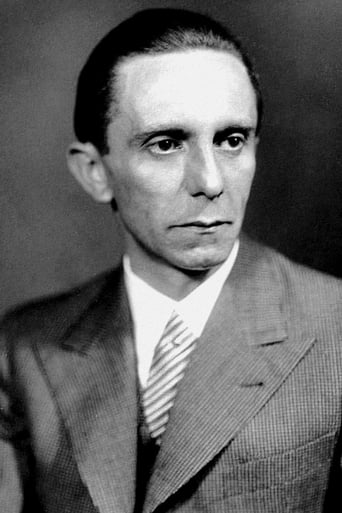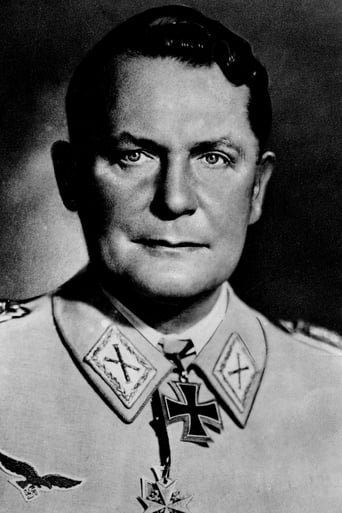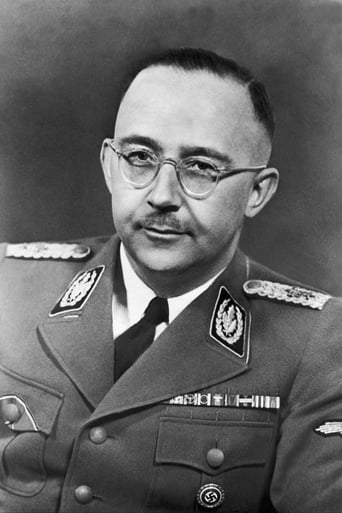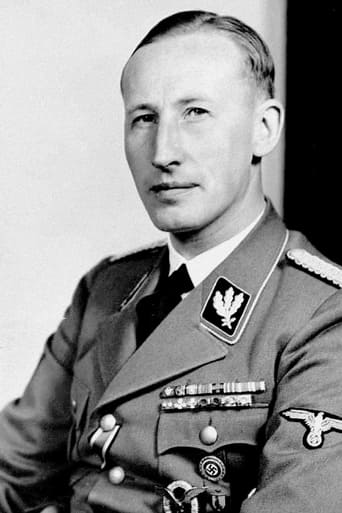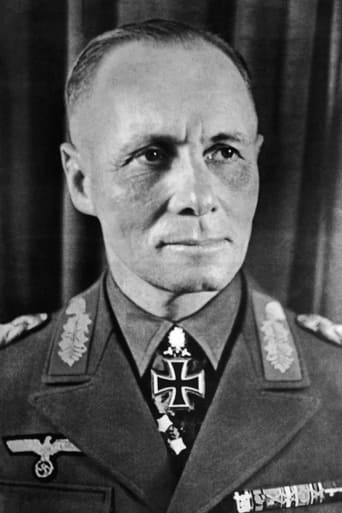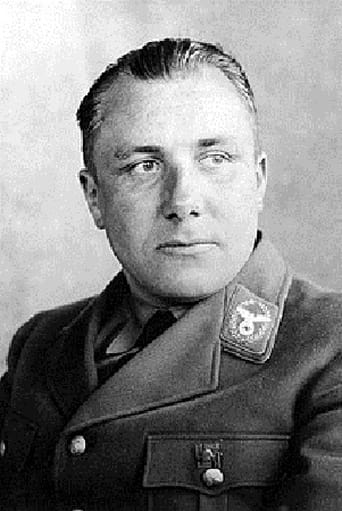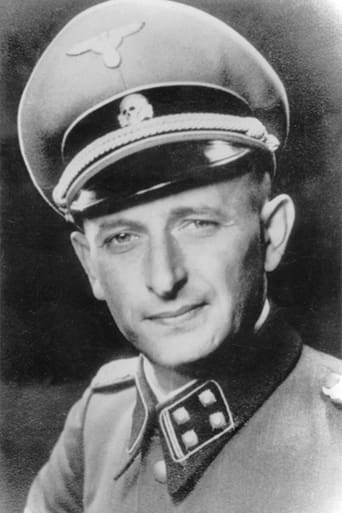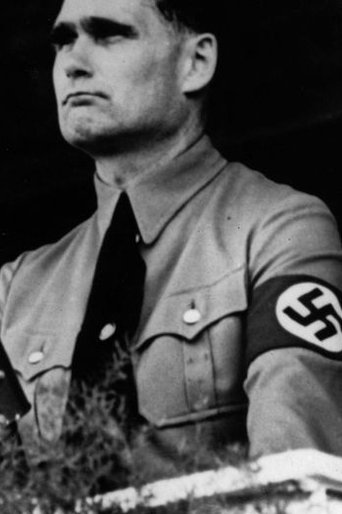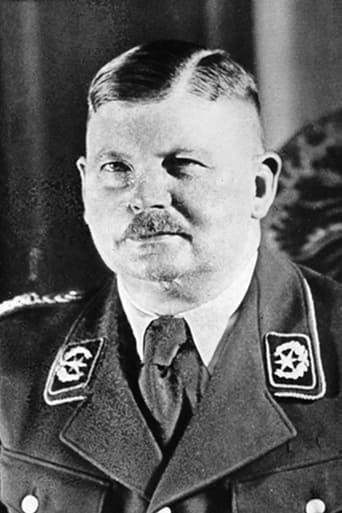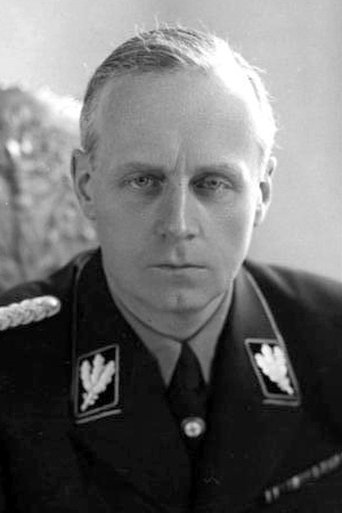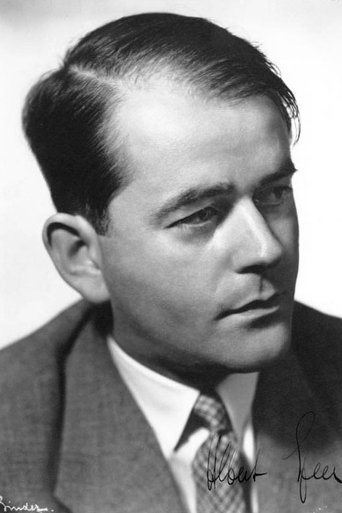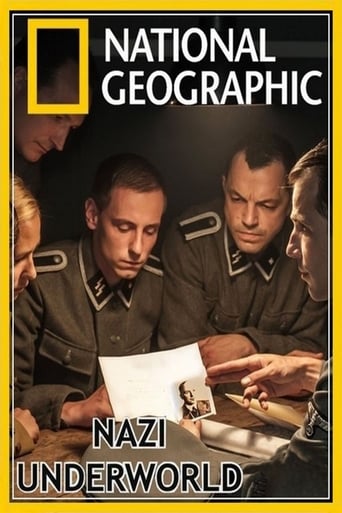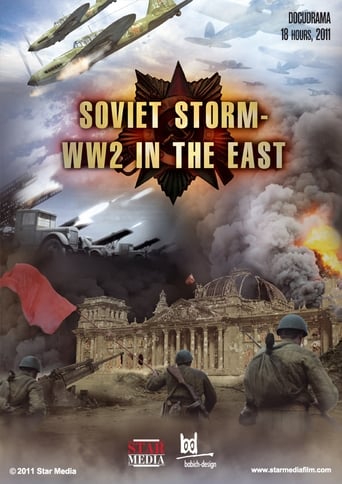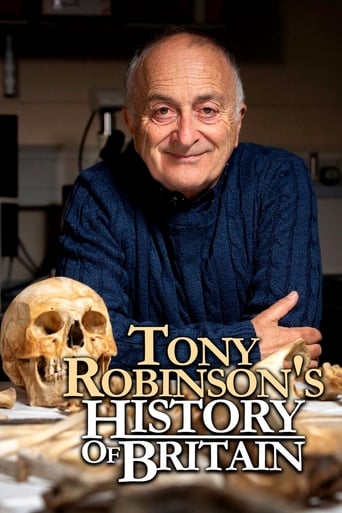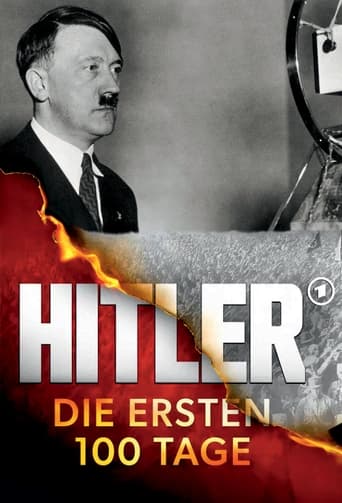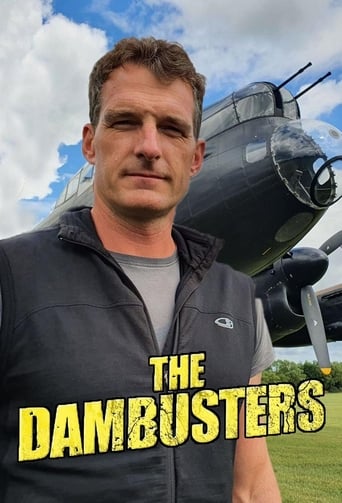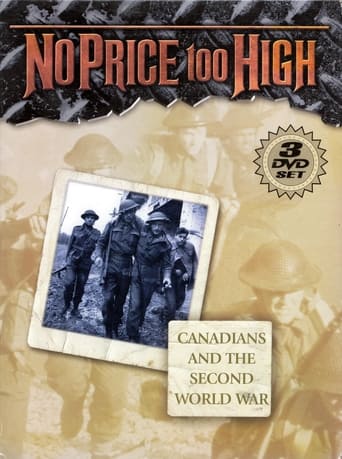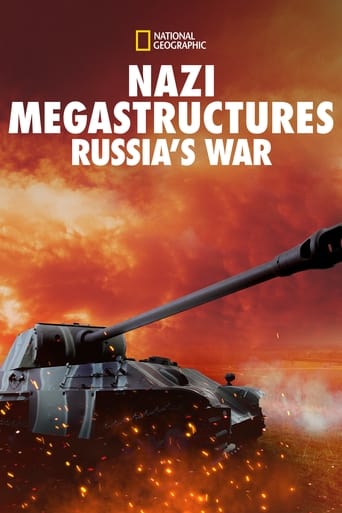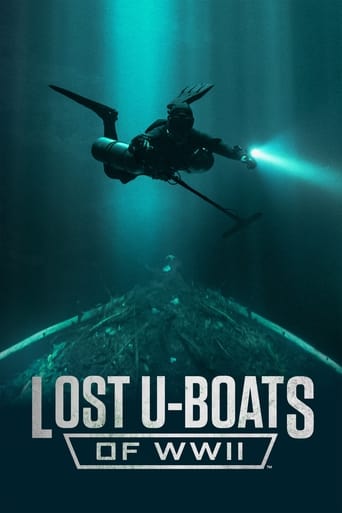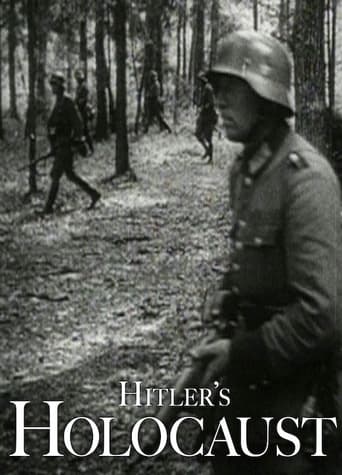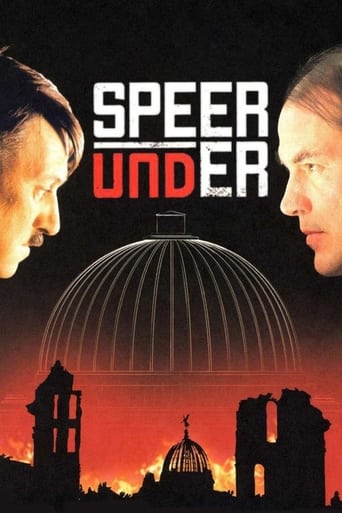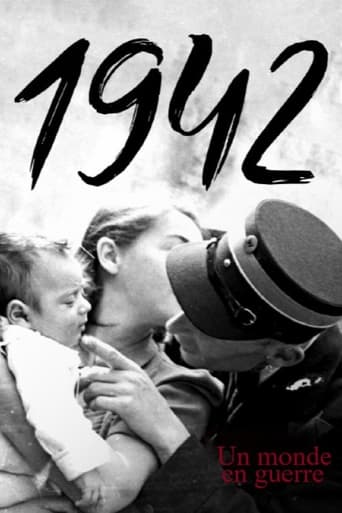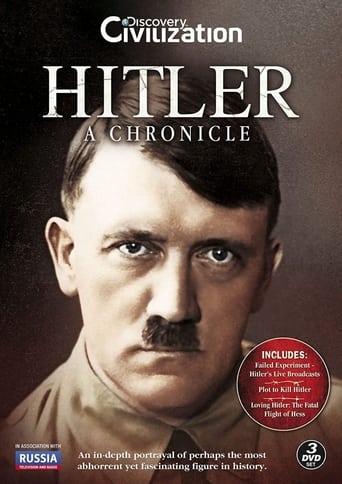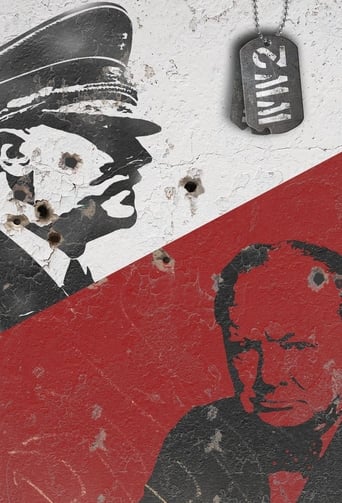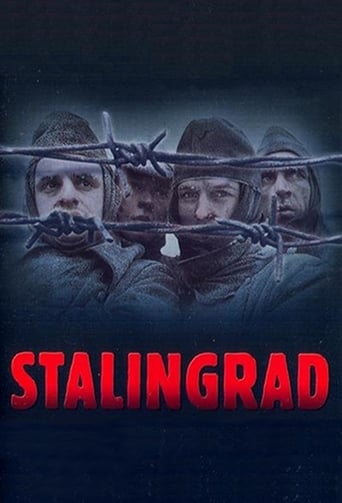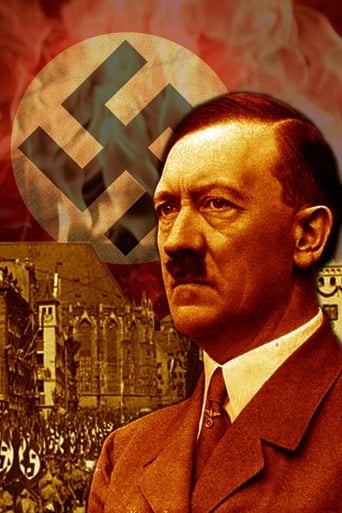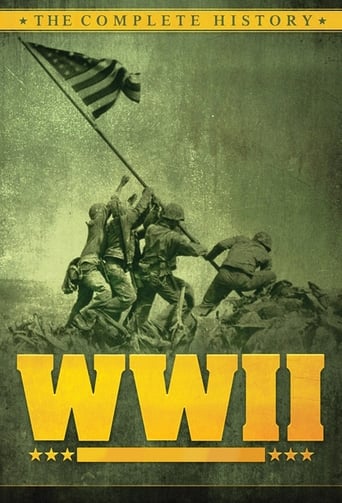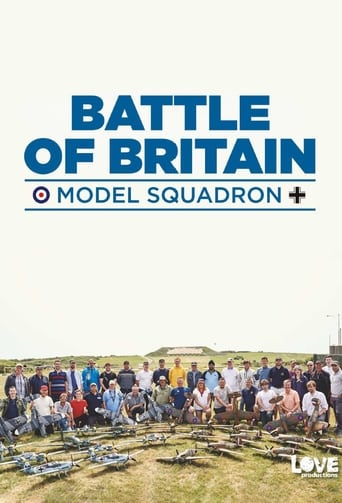
Rating:
6.2/10 by 8 users
Kill the new Chancellor
During Hitler's first year in office--as he steered Germany abruptly towards tyranny--he faced no fewer than a dozen attempts on his life.
Writing:
- Robert Powell
Release Date:
Fri, Feb 12, 2010
Country: GB
Language: En
Runtime: 611
Country: GB
Language: En
Runtime: 611
Adolf Hitler
Self (archive footage)
Joseph Goebbels
Self (archive footage)
Hermann Göring
Self (archive footage)
Heinrich Himmler
Self (archive footage)
Reinhard Heydrich
Self (archive footage)
Claus von Stauffenberg
Self (archive footage)
Erwin Rommel
Self (archive footage)
Martin Bormann
Self (archive footage)
Adolf Eichmann
Self (archive footage)
Rudolf Heß
Self (archive footage)
Ernst Röhm
Self (archive footage)
Joachim von Ribbentrop
Self (archive footage)
Albert Speer
Self (archive footage)
Season 1:
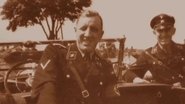
Hitler's personal protection squad grew from a few fiercely loyal, handpicked ruffians into an army with a complicated structure and intense internal competition.
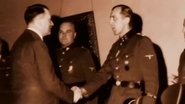
Beer hall brawls, street fighting, and several brushes with death marked Hitler's rise to power in the stormy politics of interbellum Germany.
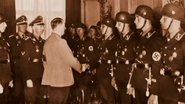
During Hitler's first year in office--as he steered Germany abruptly towards tyranny--he faced no fewer than a dozen attempts on his life.
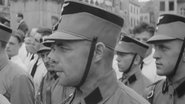
In one bloody, well-planned purge, Hitler eliminated his political rivals and ended the looming threat from Ernst Röhm's well-armed Sturmabteilung.
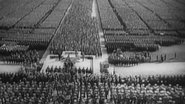
As the Nazis amped up their anti-Semitic and expansionist activities, Jewish groups, Soviet Communists, and Otto Strasser's rival Black Front all targeted Hitler.
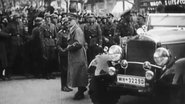
By 1938, people inside and outside Germany--including some of Hitler's senior military personnel--planned preemptive strikes against the Führer.
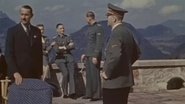
Convinced that a failed bomb plot had roots in England, a Gestapo counterintelligence officer engineered an elaborate sting to snatch British agents.
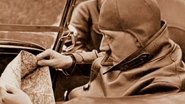
Hitler liked to tour cheering crowds in a customized, open-top Grosser Mercedes and later a G4-a predilection that gave his bodyguards nightmares.
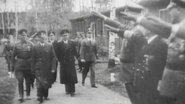
Hitler appreciated the power of aircraft, not only as a military weapon, but as a political tool. During the early 1930s, he hired aircraft for election campaigning, often facing weather and mechanical problems, as well as specific assassination attempts.
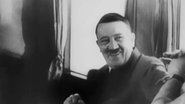
British operatives targeted Hitler's special train, the Führer-Sonderzug--a rolling fortress on rails--despite its heavy armor and tight security measures.
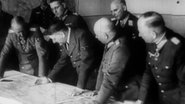
Heavily camouflaged and fortified, Hitler's military headquarters in Poland saw several assassination attempts--including one that came closest to succeeding.
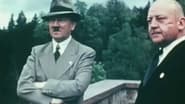
Hitler's Alpine retreat in Bavaria offered opportunities for a pistol-packing German officer, a sniper, a long-range bombing raid, and even an aerial assault by the Allies.
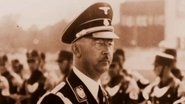
One member of Hitler's inner circle later claimed to have contemplated flooding the Fuhrer's Berlin bunker with nerve gas as the Allies closed in.


